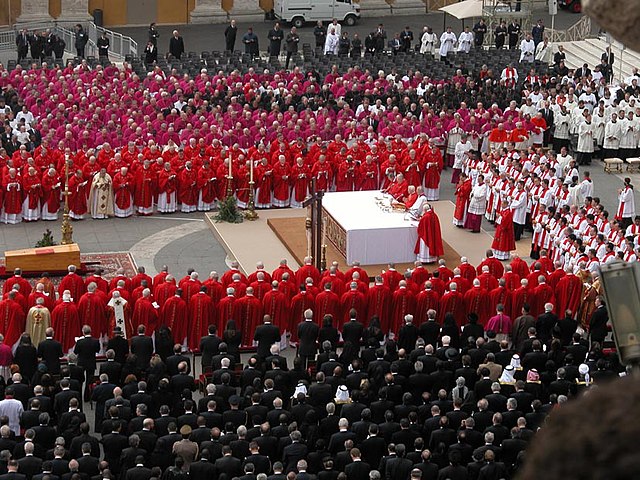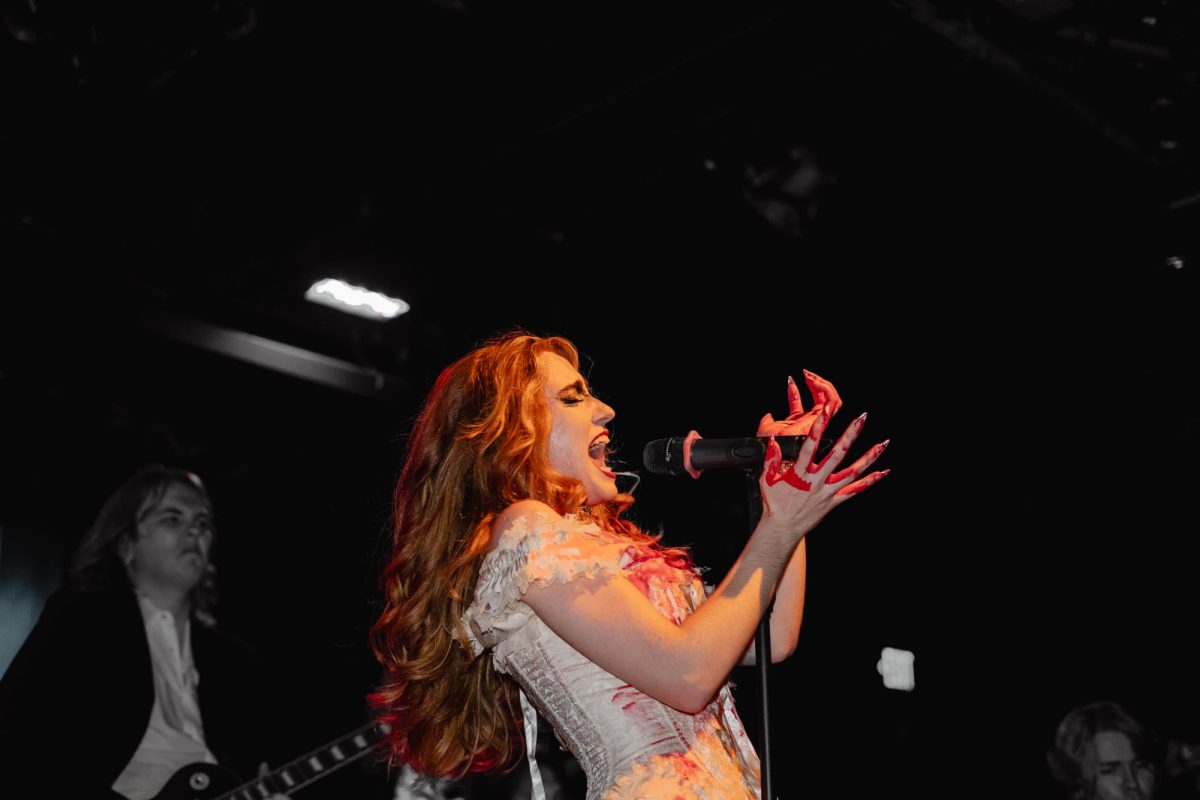Jordan Peele’s much-anticipated sophomore flick, “Us,” emerged with a bang. It made box-office history with a whopping $70 million opening weekend, unique for an original film that is not part of a franchise, a sequel or a remake. Following the success of “Get Out,” Jordan Peele had big shoes to fill (his own), and I am delighted to announce that he did not disappoint.
“Us” was already remarkable for featuring four dark-skinned leads, an unfortunately uncommon occurrence in American cinema. Even rarer is the main protagonist being a Black woman carrying the entire film. Although Lupita N’yong’o, the top-billed actress, won an Oscar for her minor role in “12 Years A Slave,” this was her very first lead role in Hollywood. Her star power is more than bankable, and she should be receiving a variety of complex roles. I expect her to receive a second Oscar nomination for her electrifying acting in this role.
Hats off to Jordan Peele for encouraging die-hard anti-horror moviegoers to make the trek out to theaters for this movie. I watched it opening weekend because of all the buzz surrounding it, starting with critics who saw advanced screenings hyping up the mind-boggling ending. I wished to be a part of the conversation of people dissecting the “deeper meaning” of the film, and so I found myself in a packed theater that weekend. I am staunchly not a fan of horror films, as I find them mentally scarring, so it is a testament to the power of Jordan Peele’s cinematic imagination that I watched “Us” in theaters at all.
To start with, the cinematography was incredible. The opening shots were vivid and captivating, while also filling viewers with a sense of malaise. The colors almost pop out of the screen. The framing and lighting of all the characters were exquisite for such a dark film. In addition, the music, although becoming horrifying as the film progressed, was intricate and mesmerizing. The visuals, soundtrack and score all joined forces to keep us tensed up while unable to tear our eyes from the screen.
The story is equally as captivating. The film follows Adelaide (Lupita N’yong’o), who starts out as a youngster on a family vacation, momentarily separated from her querulous parents. She stumbled upon a funhouse of mirrors and found her double, or doppelganger. She emerged seemingly traumatized and unable to speak for a stretch of time. Fast forward many years later, when a now grown-up Adelaide, as the matriarch of her own family of four, returns to the vacation house and beachside front where her life had been shaken up as a child. After a series of consequences, in which the present appeared to be coinciding with the past, Adelaide’s family is confronted by a family in their driveway. This time, there is not just a doppelganger of Adelaide (named Red), but there is an entire family made up of doubles of Adelaide’s family.
Essentially, the family has to overcome their second selves, who are exactly the same as them physically but stunted mentally. The concept of the “shadow selves” arises from this situation, as it looks like the family has to face the demonic “other” version of themselves, no matter how much they try to run away from themselves. The most striking aspect is how their doppelgangers are underformed and underdeveloped, with the same body but “no soul.” The acting capabilities of all four stars lit up the screen as they played both their “regular selves” and their “unhinged selves” seamlessly. Lupita N’yong’o was a particular standout, playing both the feral, broken Red and the increasingly ferocious Adelaide as she defended her way of life.
The film explores the depths of inequality and privilege in the United States and the way we dehumanize “the other,” the marginalized of society. It discusses how we view those at the margins of somehow being less than human, instead of simply not given the same access to opportunities. It hammers home the cracks in the reflection of ourselves, as we ignore the dog-eat-dog world we inhabit, and the truth that our comforts often come at the expense of others’ lives. Jordan Peele’s incisive social commentary throws us for a loop once again, in a masterful depiction of the societal ills we would rather not think about.




